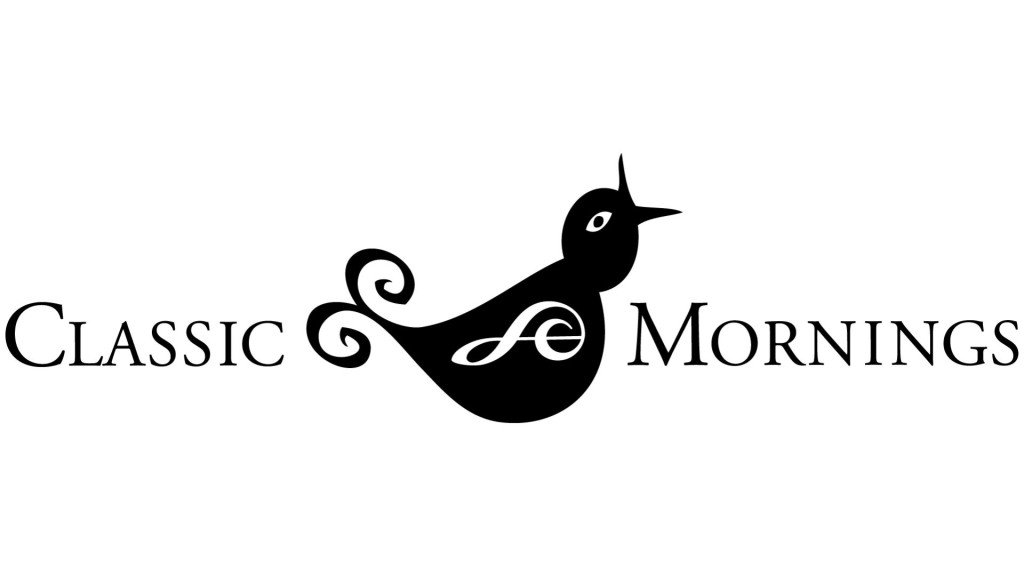Streetcars In The Skies?

It’s not what I would have thought. And I’m guessing you would have been surprised too. But it did turn out to be somewhat amusing. So you know I’m going to tell you about it.
We recently acquired a 2006 CD of famous and not so famous marches featuring the Band of the Royal Swedish Air Force. It reminded me of a recording of John Philip Sousa’s music preformed by the Royal Swedish Navy Band, which we received 10 years ago. I remember reading that the Navy Band, based in Karlskrona, originated in the 1680s. I was anxious to learn a bit about the Air Force Band.
It began in Gothenburg, which is Sweden’s second largest city. In 1879, the city built a streetcar line, which was operated by the English-based Gothenburg Tramways Company. In 1905 employees of the company formed a brass sextet. The ensemble expanded and became known as the Band of the Gothenburg Tramways Company. In 1992 the name was changed to Göteborgs Musiken (Gothenburg’s Musicians). In 1977, it was commissioned to perform as the Band of the Royal Air Force.
I have to admit that I was a bit stunned by that revelation. These were not members of the Royal Air Force. Only metaphorically could they say that they “flew.” That might have been in streetcars (Spårvägar) far from the city center or as airline passengers. And it turns out that the players share their time as members of a civilian band and the Air Force Band. They perform at military ceremonies, but also in a concert hall in Gothenburg.
Jerker Johansson was the music director at the time of the recording. He’s a percussionist, composer, arranger, and conductor. Over the years, we’ve enjoyed flutist Göran Marcusson’s recording of Johansson’s arrangements for flute and strings of some of the piano pieces known as the Frösöblomster (Frösö Flowers) by Swedish composer Wilhelm Peterson-Berger. I was curious as to whether Johansson served in the military. Indeed, he did. And he was a member of the Royal Swedish Army Band.
I introduced the Band of the Royal Swedish Air Force and their CD: Strike up the Band (Naxos 8.557545) on the eve of Independence Day. Occasionally, I’ll play a selection on Classic Mornings from a repertoire I like to call: “Marches You Probably Won’t Hear at a Fourth of July Parade.” The new recording provided me with a classic for this year. a band arrangement of Franz Schubert’s Marche Militaire No. 1, which was written for piano four-hands.
That same day, I discovered a bit of information that was rather appropriate for the Fourth of July. I sometimes have thought about the fact that we won independence from England, but not necessarily from the tune of their national anthem: God Save the King. Using the tune, Samuel Francis Smith wrote the lyrics for the song: My Country Tis of Thee in 1831. But the Library of Congress website notes that even as British singer Henry Carey has been given credit for having written the words and music to God Save the King in 1740, researchers have declared the tune’s independence from Carey’s lyrics and have determined that it existed long before Carey’s pairing.
The Italian-born composer Muzio Clementi made London his home at one point. He used the tune in his Symphony No. 3. Johann Nepomuk Hummel. included the tune in his Freudenfest Overture. And their famous contemporary, Ludwig van Beethoven, wrote keyboard variations on God Save the King. Based on the Library of Congress info, I guess I’m free to introduce all those works as incorporating the tune the composers “knew as” God Save the King.
Weeks before the Fourth of July, at the outset of summer, I was preparing to give my usual explanation that a “semi-opera” is a combination of a play and an opera. It occurred to me that “semi-opera” might suggest a truck opera, since there are truck rodeos.
Just for fun, I did a little search. There’s a company in Minnesota called Mixed Precipitation which presents what they call “pickup truck operas.” They’re not operas about pickup trucks or starring pickup trucks. But they do use a pickup truck and trailer to present operas. This summer, they’re presenting Romeo and Juliet – adapted from Bellini’s opera The Capulets and the Montagues. It’s based on the Romeo and Juliet legend rather than Shakespeare’s play. They’ve updated the story to the social media age.
Even after all those summer stories, there’s still more than half of our summer remaining. Enjoy it. And there’s lots of classical music on WILL-FM to keep you company on summer days, thanks to the support of thousands of listeners who helped us reach our fiscal year-end goal on June 30. Tune in to enjoy that music on 90.9 FM or at will.illinois.edu.

